Also by SUSAN STEWART POETRY Yellow Stars and Ice The Hive The Forest The Elements Columbarium Red Rover PROSE Nonsense On Longing Crimes of Writing Poetry and the Fate of the Senses The Open Studio The Poets Freedom TRANSLATIONS Euripides, Andromache (with Wesley D. Smith) Alda Merini, Love Lessons: Selected Poems Milo De Angelis, Theme of Farewell and After-Poems (with Patrizio Ceccagnoli) Laudomia Bonanni, The Reprisal (with Sara Teardo)
CINDER
New and Selected Poems SUSAN STEWART Graywolf Press Copyright 2017 by Susan Stewart The author and Graywolf Press have provided this e-book to you for your personal use only.
You may not make this e-book publicly available in any way. Copyright infringement is against the law. If you believe the copy of this e-book you are reading infringes on the authors copyright, please notify Graywolf Press at: us.macmillanusa.com/piracy. Poems from The Forest, Columbarium , and Red Rover published with the permission of the University of Chicago Press. Poems from The Hive published with the permission of the University of Georgia Press. Poems from Yellow Stars and Ice published with the permission of Princeton University Press.
This publication is made possible, in part, by the voters of Minnesota through a Minnesota State Arts Board Operating Support grant, thanks to a legislative appropriation from the arts and cultural heritage fund, and through a grant from the Wells Fargo Foundation. Significant support has also been provided by Target, the McKnight Foundation, the Amazon Literary Partnership, and other generous contributions from foundations, corporations, and individuals. To these organizations and individuals we offer our heartfelt thanks.  This book is made possible through a partnership with the College of Saint Benedict, and honors the legacy of S. Mariella Gable, a distinguished teacher at the College. Support has been provided by the Manitou Fund as part of the Warner Reading Program.
This book is made possible through a partnership with the College of Saint Benedict, and honors the legacy of S. Mariella Gable, a distinguished teacher at the College. Support has been provided by the Manitou Fund as part of the Warner Reading Program.
Published by Graywolf Press 250 Third Avenue North, Suite 600 Minneapolis, Minnesota 55401 All rights reserved. www.graywolfpress.org Published in the United States of America ISBN 978-1-55597-763-4 Ebook ISBN 978-1-55597-958-4 2 4 6 8 9 7 5 3 1 First Graywolf Printing, 2017 Library of Congress Control Number: 2016938172 Jacket design: Jeenee Lee Design Jacket illustrations: Tim Horton (front) and Ann Hamilton (back inside flap). Grass image licensed under the Creative Commons Attribution-Share Alike 2.5 Generic license. The orientation, color, and clarity of the original image have been altered. Twine image courtesy of the Ann Hamilton Studio.
CINDER
Pine: New Poems
(20092015)
Field in Winter
The world, a museum of itself.
CINDER
Pine: New Poems
(20092015)
Field in Winter
The world, a museum of itself.
The cold colonnade of dying elms. You cannot will a dream, though you, too, can fall, and fall asleep, and wake in wonder. There is nowhere the whiteness has not touchedtake a look and see. The corners, the edge, of each thing exposed: you walked into a new transparency,
Pine
a homely word: a plosive, a long cry, a quiet stop, a silent letter like a storm and the end of a storm, the kind brewing at the top of a pine, (torn hair, bowed spirits and, later, straightened shoulders) whos who of the stirred and stirred up: musicians, revolutionaries, pines. A coniferous tree with needle-shaped leaves. Suffering or trouble; theres a pin inside.
The aphoristic seamstress was putting up a hem, a shelf of pins at her pursed mouth. needles and pins / needles and pins / when a man marries / his trouble begins. A red pincushion with a twisted string, and a little pinecone tassel, at the ready. That particular smell, bracing, exact as a sharpened point. The Christmas tree, nude and fragrant, propped as pure potential in the corner with no nostalgia for ornament or angels. Pine-Sol, nauseating, earnest, imitation one means of knowing the real thing is the fake you find in school.
Pent up inside on a winter day, the steaming closeness from the radiators. At the bell, running down the hillside. You wore a pinafore. The air had a nip: pine was traveling in the opposite direction. Sunlight streaming through a stand of pines, dancing backward through the As and Ts. Is it fern or willow thats the opposite of pine? An alphabet made of trees.
In the clearing vanished hunters left their arrowheads and deep cuts in the boulder wall: petroglyphs, repeating triangles. Grandmothers wearing pinnies trimmed in rickrack. One family branch lived in a square of oak forest, the other in a circle of pines; the oak line: solid, reliable, comic; the piney one capable of pain and surprise. W-H-I-T-E: the white pines five-frond sets spell its name. (Orthography of other pines I dont yet know.) The weight of snow on boughs, lethargic, then rocked by the thump of a settling crow. Pine cones at the Villa Borghese: Fibonacci increments, heart-shaped veins, shadowing the inner edges of the petals.
Like variations at the margins of a bird feather. Graffiti tattooing the broken water clock, a handful of pine nuts, pried out, for lunch. Pining away like Respighi with your pencil. For a coffin, youd pick a plain pine box suspended in a weedy sea. No undergrowth, though, in a pine forest. Unlike the noisy wash of dry deciduous leaves, the needles blanket the earth pliant beneath a bare foot, stealthy, floating, a walk through the pines.
Silence in the forest comes from books.
A Language
I had heard the story before about the two prisoners, alone in the same cell, and one gives the other lessons in a language. Day after day, the pupil studies hard what else does he have to do?and year after year they practice, waiting for the hour of release. They tackle the nouns, the cases, and genders, the rules for imperatives and conjugations, but near the end of his sentence, the teacher suddenly dies and only the pupil goes back through the gate and into the open world. He travels to the country of his new language, fluent, and full of hope. Yet when he arrives he finds that the language he speaks is not the language that is spoken.
He has learned a language one other person knewits inventor, his cell-mate and teacher. And then the other evening, I heard the story again. This time the teacher was Gombrowicz, the pupil was his wife. She had dreamed of learning Polish and, hour after hour, for years on end, Gombrowicz had been willing to teach her a Polish that does not and never did exist. The man who told the story would like to marry his girlfriend. They love to read in bed and between them speak three languages.
They laughedat the wife, at Gombrowicz, it wasnt clear, and I wasnt sure that they themselves knew what was funny. I wondered why the man had told the story, and thought of the tricks enclosure can play. A nod, or silence, another nod, consentor not, as a cloud drifts beyond the scene and the two stand pointing in different directions at the very same empty sky. Even so, there was something else about the story, like teaching a stunt to an animala four-legged creature might prance on two legs or a two-legged creature might fall onto four. I remembered, then, the miscarriage, and before that the months of waiting: like baskets filled with bright shapes, the imagination run wild. And then what arrived: the event that was nothing, a mistaken idea, a scrap of charred cloth, the enormous present folding over the future, like a wave overtaking a grain of sand.

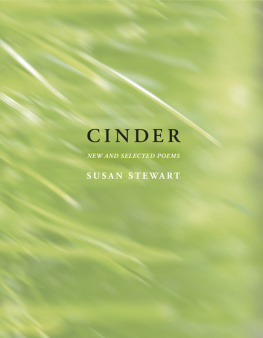





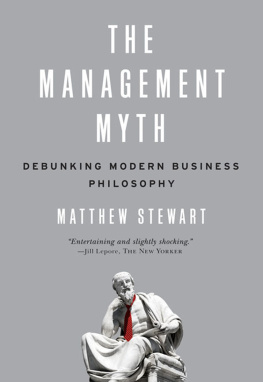


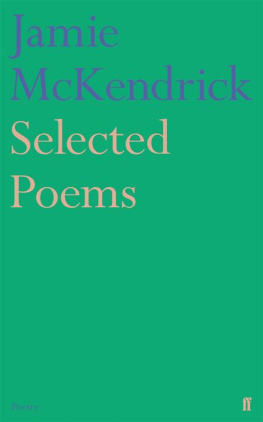


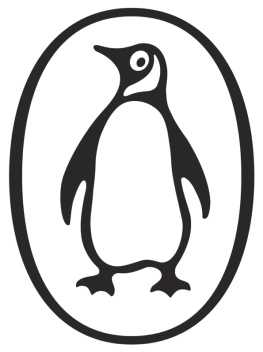
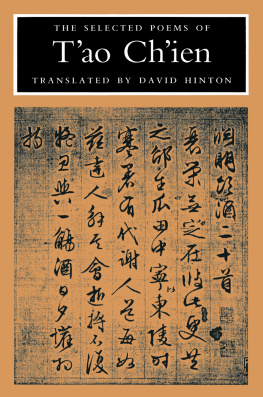
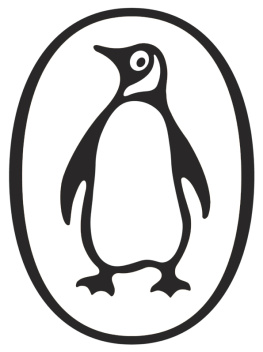
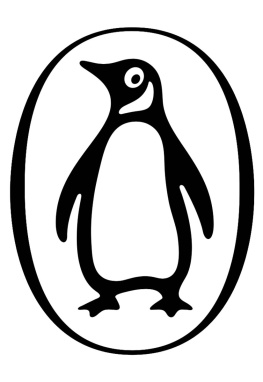
 Also by SUSAN STEWART POETRY Yellow Stars and Ice The Hive The Forest The Elements Columbarium Red Rover PROSE Nonsense On Longing Crimes of Writing Poetry and the Fate of the Senses The Open Studio The Poets Freedom TRANSLATIONS Euripides, Andromache (with Wesley D. Smith) Alda Merini, Love Lessons: Selected Poems Milo De Angelis, Theme of Farewell and After-Poems (with Patrizio Ceccagnoli) Laudomia Bonanni, The Reprisal (with Sara Teardo)
Also by SUSAN STEWART POETRY Yellow Stars and Ice The Hive The Forest The Elements Columbarium Red Rover PROSE Nonsense On Longing Crimes of Writing Poetry and the Fate of the Senses The Open Studio The Poets Freedom TRANSLATIONS Euripides, Andromache (with Wesley D. Smith) Alda Merini, Love Lessons: Selected Poems Milo De Angelis, Theme of Farewell and After-Poems (with Patrizio Ceccagnoli) Laudomia Bonanni, The Reprisal (with Sara Teardo)  This book is made possible through a partnership with the College of Saint Benedict, and honors the legacy of S. Mariella Gable, a distinguished teacher at the College. Support has been provided by the Manitou Fund as part of the Warner Reading Program.
This book is made possible through a partnership with the College of Saint Benedict, and honors the legacy of S. Mariella Gable, a distinguished teacher at the College. Support has been provided by the Manitou Fund as part of the Warner Reading Program.